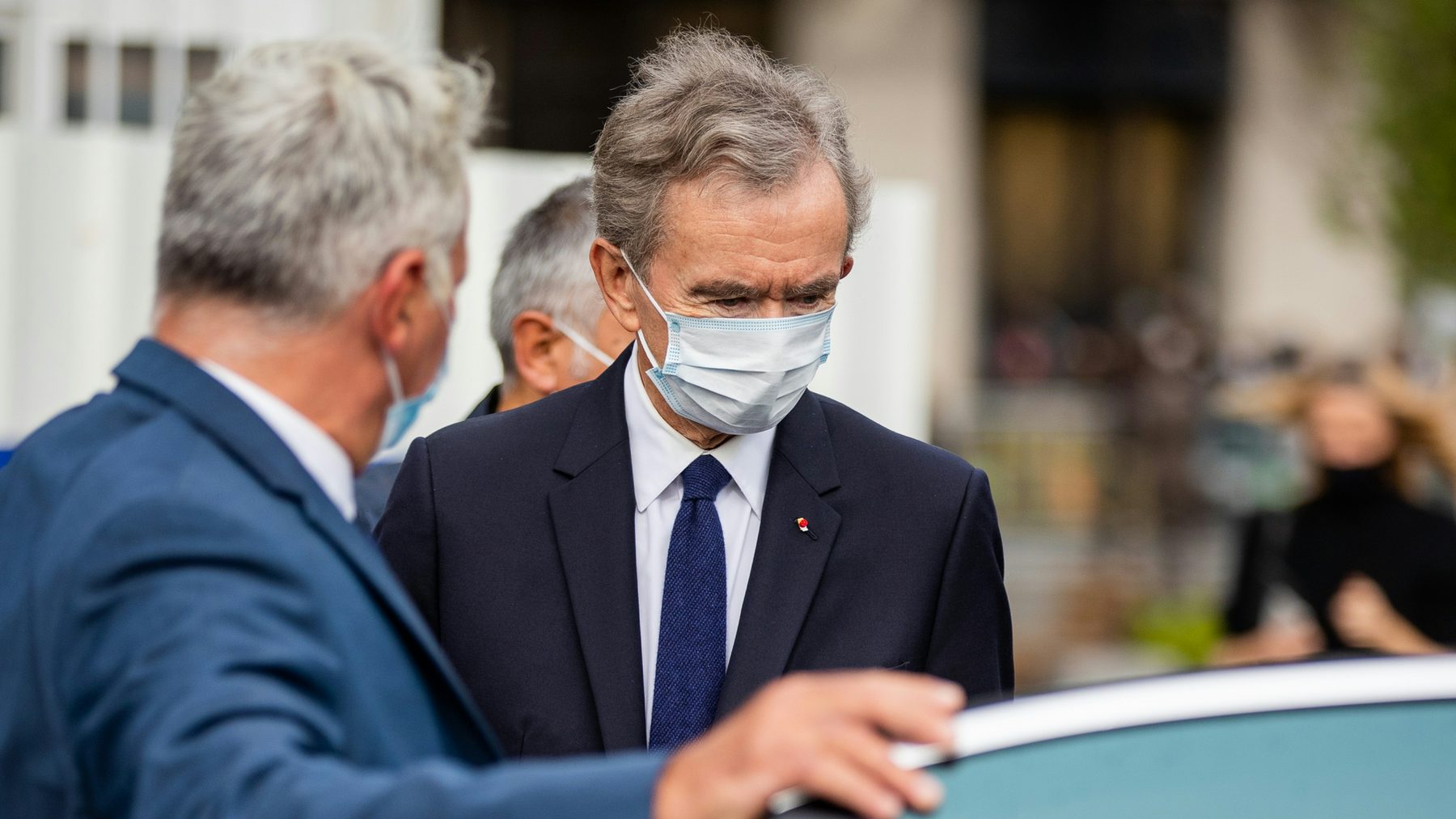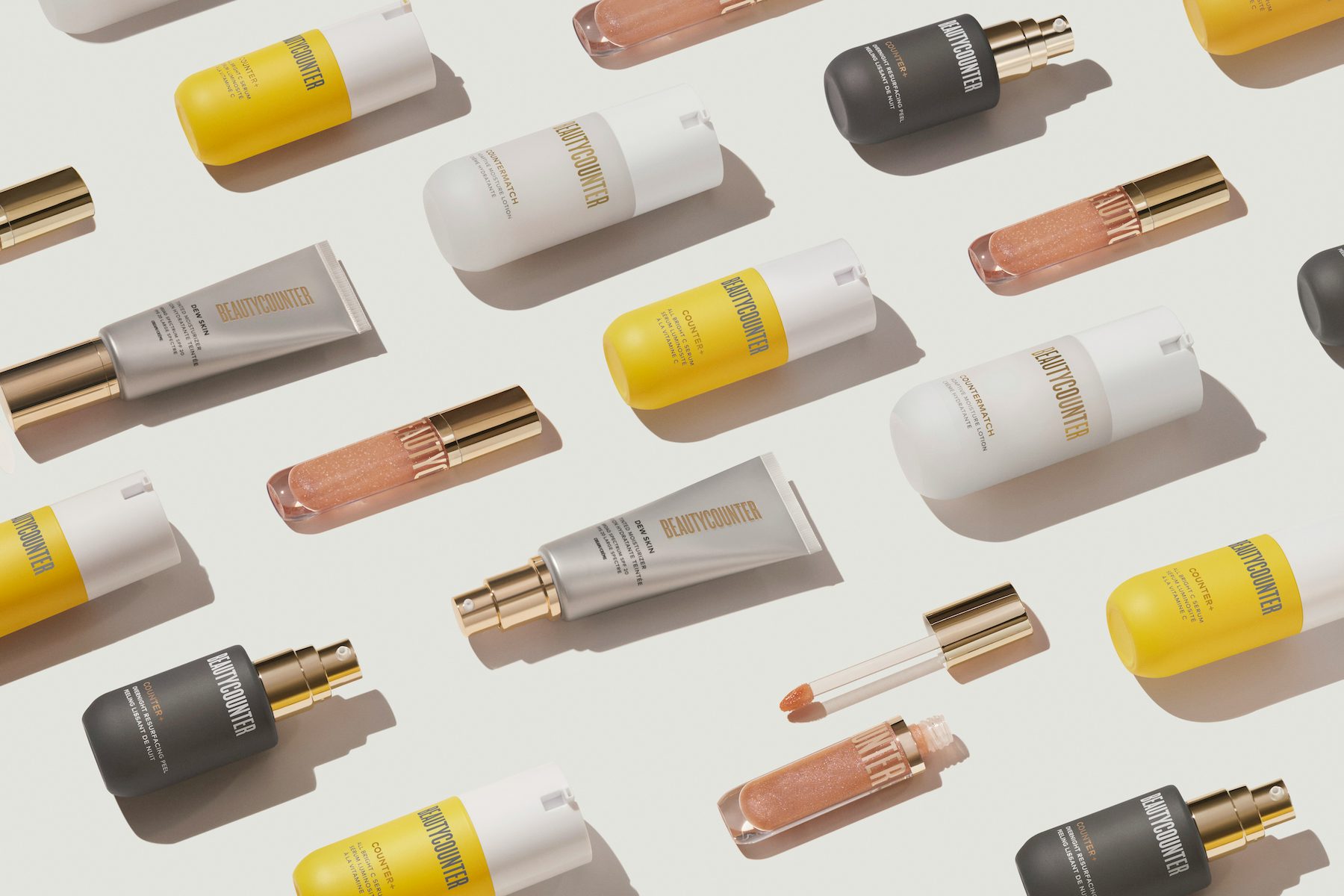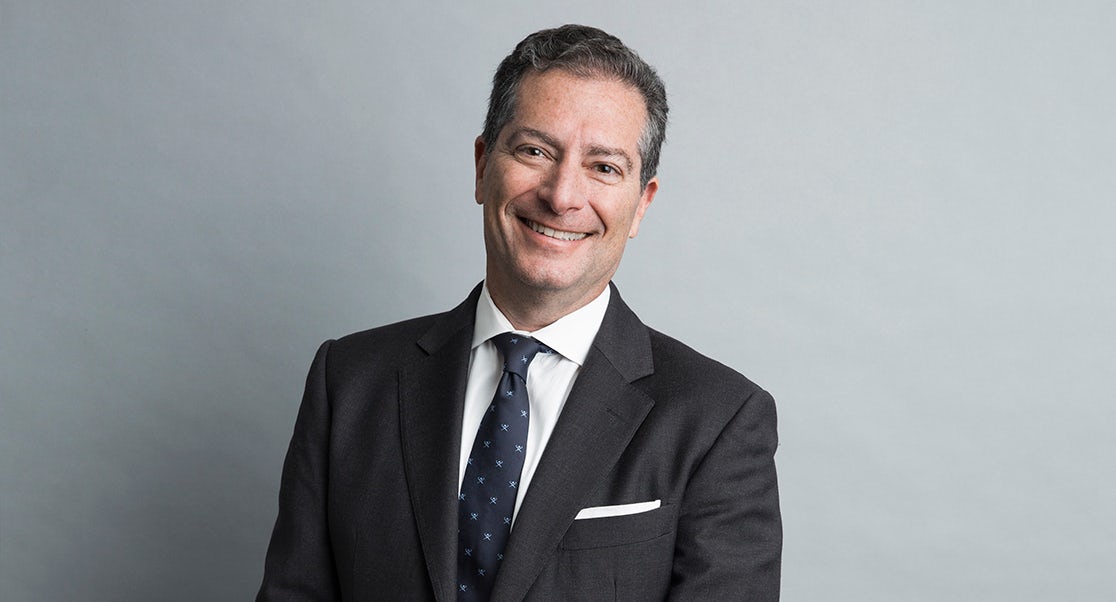Celebrities in the Boardroom: Pros and Cons | This Week in Fashion, BoF Professional
Last week, Italian luxury shoemaker Tod’s appointed the globe-trotting mega-influencer Chiara Ferragni to its board, making her the latest celebrity-entrepreneur to become a corporate director, like Oprah Winfrey and basketball star Shaquille O’Neal who sit on company boards in the US.
Ferragni, whose ascent began with her blog The Blonde Salad, now has more than 23 million followers on Instagram and oversees a budding fashion empire that includes her digital publishing business TBS Crew and a multi-category fashion label, Chiara Ferragni Collection.
“Chiara’s knowledge of the world of young people will certainly be extremely valuable,” said Tod’s chairman Diego Della Valle. Investors agreed, sending shares soaring by 12 percent.
Tod’s has struggled to keep pace with a fast-moving fashion market and build relevance with young consumers. In recent years, it has launched initiatives such as its Moncler Genius-like Tod’s Factory to rejuvenate its brand. And Della Valle appears to be betting that hiring Ferragni will not only boost awareness and send a positive signal to shareholders, but help fundamentally transform the company’s business model for a digital, direct-to-consumer world.
There is little precedent for a celebrity board member driving this kind of transformation at a company, though the right partnership between Della Valle, who controls the company, and Ferragni could deliver results for Tod’s, according to executive search specialist Anne Raphaël.
Once upon a time, brands hired celebrities as little more than faces for advertising campaigns. But in recent years, as more entertainers, athletes and other celebrities have become entrepreneurs and built their own sizable businesses, more companies have recruited them to their boards, hoping the combination of star power and marketing savvy will pay off.
Winfrey joined the board of Weight Watchers after buying a 10 percent stake in the company, while O’Neal is a director at pizza chain Papa John’s. In fashion, Emma Watson was appointed to Kering’s board of directors last June, while tennis champion Serena Williams has served on Poshmark’s board since 2019.
But celebrity directors can come with risks as well as rewards.
To be sure, celebrity board appointments bring immediate marketing value to a company, generating buzz with consumers. Celebrities can drive impact by appearing in advertising and representing the company at events, but also by offering valuable behind-the-scenes insights on popular culture and consumer behaviour, as well as fresh thinking on communications.
Celebrities are good at getting attention. Many have built formidable sales and marketing machines of their own and have far greater fluency with social media than typical directors.
Famous board members also come with high-level connections and can help to open doors. They can boost efforts to recruit top talent to a brand. And for companies increasingly under scrutiny on the racial and gender composition of their leadership, the right celebrity appointments can bring greater diversity to boards that are often stacked with white men.
But the disruptive energy that celebrities bring to a board can present challenges.
Managing celebrities can be tough. They typically have limited time to dedicate to their directorships and regular attendance at meetings can be a problem.
Celebrities can also bring challenging dynamics to the boardroom, attracting those angling for some of their stardust, while repelling those who doubt their credibility.
When push comes to shove, celebrities will always put their own personal brands ahead of the interests of the company. And, of course, their skill at generating public attention can backfire spectacularly if they become entangled in scandal.
It’s critical that companies think strategically about celebrity directorships and carefully carve out roles that play to specific profiles and relevant experience. For example, at Kering, actor and activist Emma Watson, known for being a champion of ethical and eco-conscious fashion as well as portraying Hermione in the Harry Potter films, chairs the company’s sustainability committee.
But board roles aren’t the only way to derive value from working with celebrities. Beyond simple marketing deals, companies can work with celebrities as “brand ambassadors” or hire them as consultants. Companies can also invite celebrities to advisory boards.
Celebrity directorships can offer real value. And there’s no doubt they are trendier than ever. But companies should consider the alternatives before plunging into a flashy board appointment.
THE NEWS IN BRIEF
FASHION, BUSINESS AND THE ECONOMY
Bernard Arnault leaves the Louis Vuitton spring 2021 womenswear show in October 2020. Getty Images.
LVMH’s fashion sales surge, setting high bar for rivals. LVMH was the first luxury company to report first-quarter revenue Tuesday, and a sharp jump in its fashion division’s sales not only points to a return to pre-pandemic health for the conglomerate, but has raised the stakes for its competitors.
Gucci presents its centenary collection, “Aria.” Creative director Alessandro Michele incorporated nods to the Italian fashion house’s past, in particular, the Tom Ford era, as well as Balenciaga co-branded pieces, inspired by the brand’s creative director, Demna Gvasalia. The collection was presented online on Thursday.
Growth in China, US fuel more retail optimism. After a dismal year for retail, consumers seem ready to get back to the shops amid signs of strength in key markets. China’s economy grew 18 percent year-on-year in the first quarter, with retail sales up 34 percent in March compared to a year earlier. Meanwhile, US retail sales accelerated in March by the most in 10 months, while UK shopper numbers surged as shopping districts reopened this week.
The Met Gala will return in September. The Costume Institute at the Metropolitan Museum of Art announced on Monday that its next major exhibition will open on September 18 with a theme focused on American fashion. As part of the exhibition’s opening, the Met Gala will also return as a smaller event on September 13, “timed to coincide with the close of what will hopefully be an in-person New York Fashion Week,” according to Vogue.
CFDA plans for in-person New York Fashion Week in September. The CFDA said it anticipates “a return to in-person shows” between September 8 to September 12, following health guidelines. Some designers, the council said, will still choose to present digitally.
American Eagle forecasts sales above estimates on full-price selling. The company has recorded stronger sales as more customers spent their stimulus checks on its jeans, trousers and tops. American Eagle also forecast operating income of about $120 million for the first quarter, compared with $48 million in 2019.
JD Sports reinstates dividend as online boom lifts forecast. Britain’s biggest sportswear retailer struck an optimistic tone as stores reopened across the UK this week. The company has performed well during the pandemic and has embarked on at least three big acquisitions in the US and Europe in the past few months. More deals are expected to follow after the company raised £464 million ($638 million) in equity in February.
German fashion e-tailer About You cracks €1 Billion in revenue. The company is widely reported to be preparing for an IPO. Revenue grew 57 percent to €1.2 billion ($1.4 billion) in the year to February, while in the last quarter the company turned its first profit before interest, tax, depreciation and amortisation since its launch in 2014.
The Hut Group upbeat after profit jumps on online demand. In its maiden set of annual results since market listing in September, the company operating retail brands such as Lookfantastic and skin care group ESPA posted a 36 percent jump in annual underlying profit to £46 million ($63 million).
Kohl’s to add two activist group nominees to its board. Kohl’s Corp said on Wednesday it has reached a deal with a group of activist investors to avoid a proxy fight, agreeing to add two of the group’s nominees to its board as independent directors.
US companies and executives unite for voting rights. In a full page advertisement that ran Wednesday in the New York Times, the signatories called for “all Americans to join us in taking a nonpartisan stand for this most basic and fundamental right.”
THE BUSINESS OF BEAUTY
The deal values Beautycounter at $1 billion. Courtesy Beautycounter
Carlyle Group take a majority stake in Beautycounter. The investment values Beautycounter at $1 billion, and marks a major bet by Carlyle that the brand’s philosophy of avoiding many common synthetic ingredients, and its reliance on customers to sell its products, has staying power.
L’Oréal revenue recovers thanks to help from China. Lancôme maker L’Oréal on Thursday reported a stronger-than-expected 10 percent rise in comparable first-quarter sales from a year earlier.
Report: Indian beauty start-up Nykaa taps banks for $500 million IPO. The online cosmetics retailer is reportedly working with Kotak Mahindra Capital Co. and Morgan Stanley on the potential offering. A listing could value the TPG Capital-backed start-up at about $4 billion.
Courtin-Clarins family invests in clean skin care brand Pai. Pai Skincare, a London-based beauty label known for its clean and vegan products, will use the funding to expand its development and manufacturing.
Guangzhou builds ‘Beauty Park’ to boost Chinese cosmetics industry. The park is expected to generate 8.6 billion yuan ($1.3 billion) worth of cosmetics and skincare products annually and will set up more local brands to compete with international giants in a beauty market valued at $52 billion last year.
PEOPLE
Todd Kahn, CEO at Coach. Coach.
Todd Kahn appointed Coach CEO. Thursday’s announcement made Kahn’s appointment to the position, which he has held on an interim basis since last July, permanent. He will report to Joanne Crevoiserat, chief executive officer of Coach parent Tapestry Inc.
Anthropologie names Tricia Smith global CEO. Smith joins the brand from clothing retailer Tilly’s, where she served as chief merchandising officer from 2019. Before that, Smith spent over 26 years in merchandising roles at Nordstrom. She succeeds Hillary Super, whose last day at the company was April 9.
Almost half of Shopify’s top execs to depart company. Three of the e-commerce platform’s seven top executives will be leaving the company in the coming months, Tobi Lütke, Shopify’s chief executive and founder said in a blog post on Wednesday.
Stitch Fix’s founder Katrina Lake is leaving the CEO post. Lake, who launched the company a decade ago, will remain at Stitch Fix as executive chairperson. The fashion subscription platform’s current president, Elizabeth Spaulding, will assume the top role effective August 1.
MEDIA AND TECHNOLOGY
Instagram launches test where users can choose to see likes. Shutterstock.
Instagram launches test where users can choose to see likes. The photo-sharing site, which is owned by Facebook Inc, said this latest test came after seeing mixed responses to its experiments in which it removed likes.
Karla Otto doubles down on influencer marketing with new acquisition. On Thursday, the global fashion agency’s parent, The Independents, announced the acquisition of marketing firm Lefty, deepening its offerings in the influencer space, a bright spot during the pandemic.
Robin Meason, PR for Paris Indie Brands, sells agency to OBCM. Olivier Bourgis’ OBCM agency will acquire Ritual Projects, the Paris-based public relations firm which helped to establish Vetements and its then-creative director Demna Gvasalia, as well as brands including Y/Project, Ottolinger and GmbH. Financial terms of the deal, which is set to close May 1, were not disclosed.
Southeast Asian ‘super app’ Grab set for US IPO. Softbank-backed Grab is gearing up to merge with a blank-cheque vehicle in a deal that will value the technology group at about $35 billion, according to a report in The Financial Times.
Kakao reportedly eyeing fashion e-commerce app Zigzag. A deal, said to be in the works by local media outlets last week, could see the South Korean tech giant acquire a controlling stake worth around $1 billion in Zigzag, a six-year-old start-up.
Compiled by Darcey Sergison.





